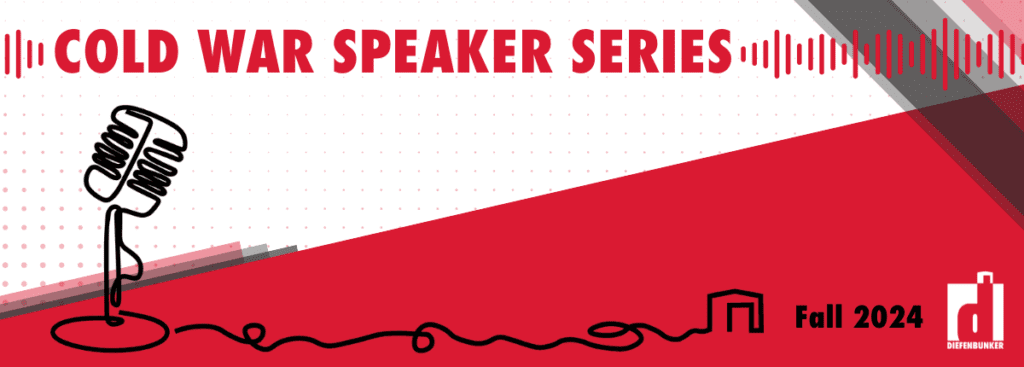On Thursday, November 14, we were pleased to host a virtual event with Dr. Susan Colbourn, who shared her insights and considerations into the past, present, and future of Canada’s role in the North Atlantic Treaty Organization (NATO). Dr. Colbourn is a historian and author, currently Associate Director of the Program in American Grand Strategy and Associate Research Professor at Duke University’s Sanford School of Public Policy. She has written widely about transatlantic relations, nuclear weapons, and NATO.
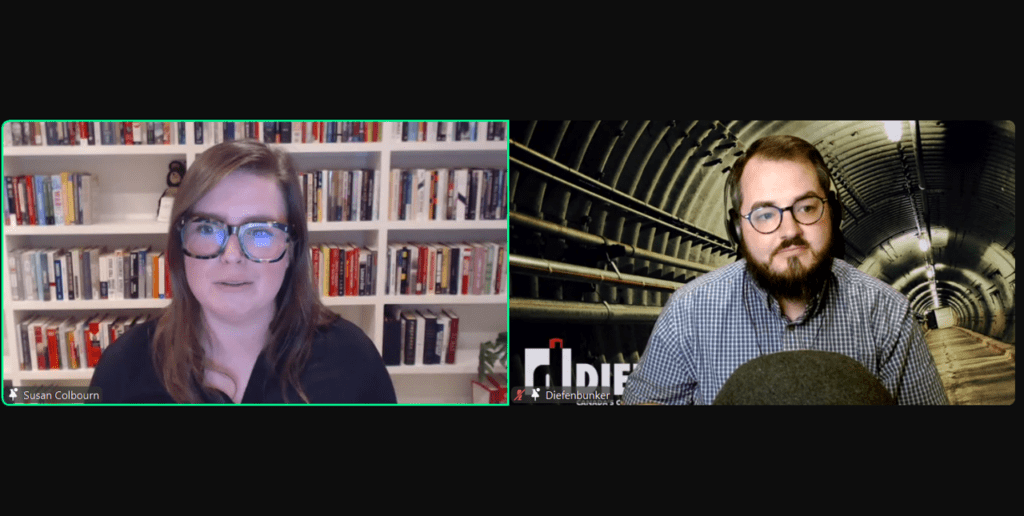
This Speaker Series discussion is timely in light of the 75th anniversary of NATO this year. Established on April 4, 1949, NATO has been an intergovernmental military alliance with a role in peace, stability, and collective defence among its member nations, influencing the geopolitical landscape of the post-World War II era.
Dr. Colbourn spoke to the origins of the treaty and Canada’s role, particularly noting that the country broke a past precedent: this was the first time that Canada had committed to a formal military alliance in a time of peace. At the time, there were concerns around being left out of declarations key to the country’s relationships with the United States, and more broadly around the prospect of post-war Europe succumbing to communism — being part of the alliance could reduce potential frictions for Canada and its place in the world.
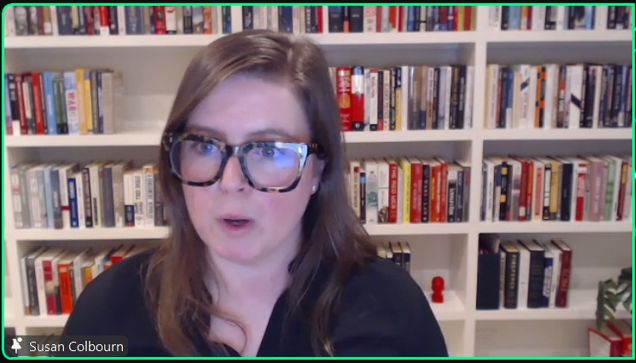
As Canada’s role in the alliance evolved over time, there were ongoing challenges. Canada has always been a smaller contributor, struggling to meet its spending targets, and the country lacks influence, as it is neither a superpower nor geographically located within the European continent like most of the allied countries. Nevertheless, Canada continued to stand by its original intent, to have a seat at the table and to situate the country and its relationships, particularly with the United States, in a broader global context.
But what is the value of the seat and why does this matter for Canada? Dr. Colbourn discussed this question that has underpinned Canada’s involvement since the beginning of NATO, and how Canada has struggled to articulate — for us and for others — what it brings to the table. In considering what the future of NATO might be, these questions will continue to remain relevant. There will inevitably be ongoing debates within the alliance on how much defence spending is enough, what the expectations are of allies as meaningful contributors, and what is required by the changing geopolitical realities. Canada may continue to play a role, but will need to determine why NATO matters to Canadians and what the global interests of the country are today and into the future.
We are grateful to Dr. Susan Colbourn for this insightful discussion into a topic of continued relevance today.
You can watch a recording of the presentation here:

>> Dr. Susan Colbourn is Associate Director of the Program in American Grand Strategy and Associate Research Professor at the Sanford School of Public Policy at Duke University. A historian of international relations since 1945, she has written widely about transatlantic relations, nuclear weapons, and the past and present of the North Atlantic Treaty Organization (NATO). She is the author of Euromissiles: The Nuclear Weapons That Nearly Destroyed NATO (Cornell University Press, 2022).
Website: susancolbourn.net
Book: “Euromissiles” https://www.cornellpress.cornell.edu/book/9781501766022/euromissiles/
Book: “The Nuclear North” https://www.ubcpress.ca/the-nuclear-north
Thank you to our event sponsors
Headline Sponsor: CSS Building Inc.
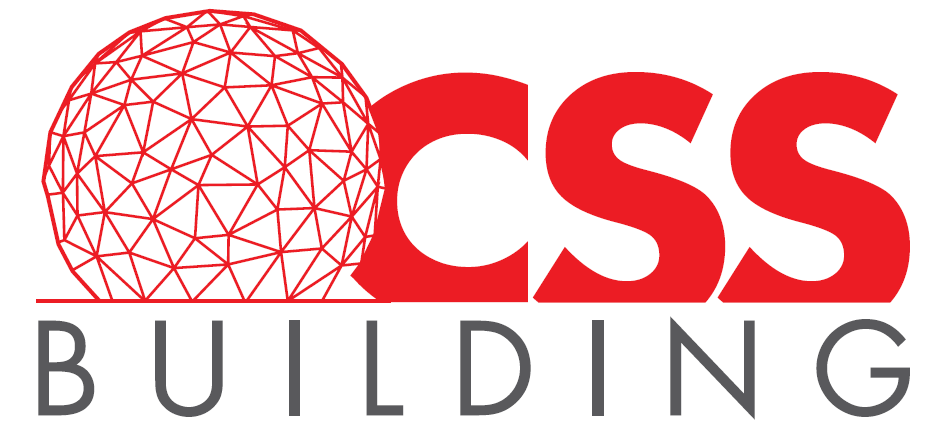
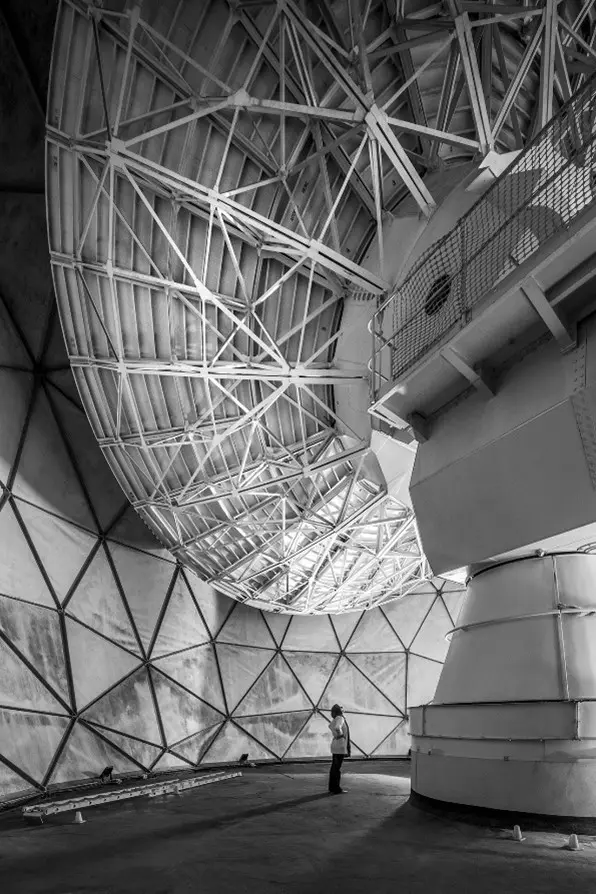
A trip to CSS Building will provide a glimpse into the Cold War communication and how the re-purposed antenna is being used today. Currently, CSS Building works with the Canadian Centre for Experimental Radio Astronomy (CCERA) to provide radio astronomy observation sessions for educational and research purposes.
This impressive property is Canada’s former NATO Satellite Communications uplink which played an important role in the story of Canada and its part in the Cold War.
These days it is used for small group meetings, workshops, and celebrations. See this impressive building, the antenna, and the geodesic domes.
Plan a special event at this unique and significant historic property. Feel free to call for more information.
Contact:
- Allan Duncan
- Email: allan.duncan@cssbuilding.ca
- Phone: 613 229 5696
- Visit: https://www.cssbuilding.ca/
- Instagram: @cssbuilding
- Address: CSS Building Inc., 2336 Craig’s Side Road, Carp ON K0A 1L0
Media Sponsor

Check out the blog post and recording from previous 2024 Speaker Series events:
- 2024 Cold War Speaker Series: Women in Canada’s Cold War Military
- 2024 Cold War Speaker Series: Canada-US relations during the early part of the Cold War
We hope to see you at next year’s Speaker Series!
